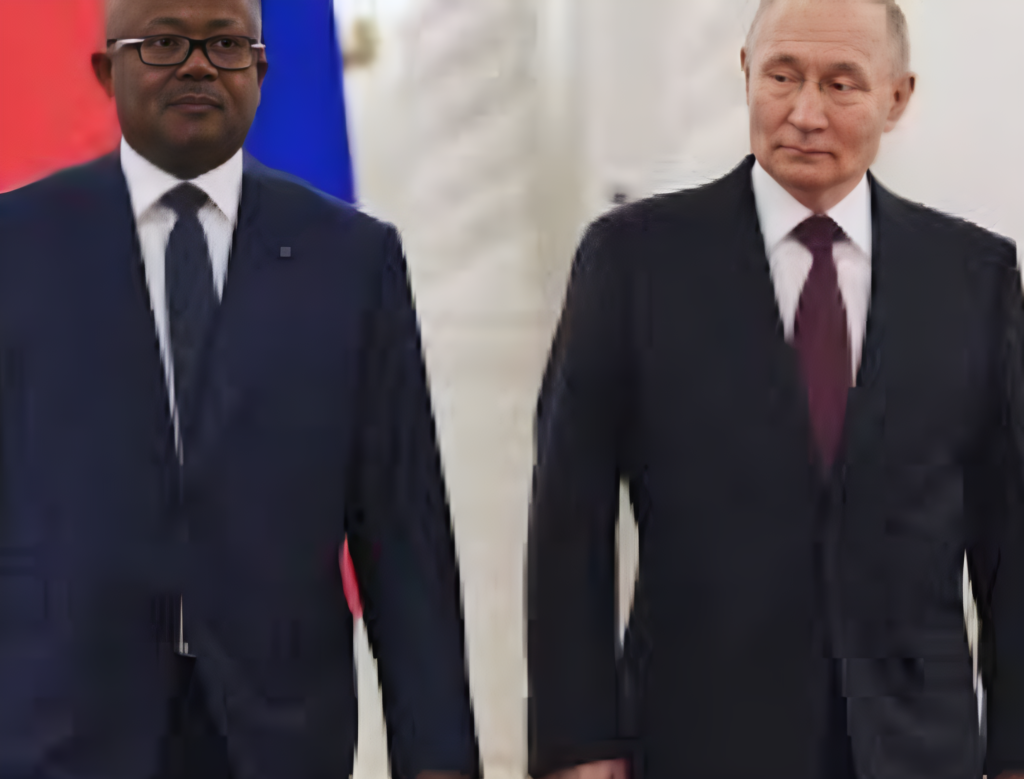
ECOWAS Mission Exits Guinea-Bissau Amid Rising Diplomatic Tensions
The Economic Community of West African States (ECOWAS) has withdrawn its mission from Guinea-Bissau following a tense standoff with the country’s government, which had threatened to expel the regional bloc’s representatives. The abrupt departure marks a new chapter in the strained relationship between Guinea-Bissau and ECOWAS, raising concerns about the nation’s political stability and the broader implications for regional diplomacy.
Rising Tensions Between ECOWAS and Guinea-Bissau
ECOWAS, a 15-member regional organization focused on promoting political stability, economic cooperation, and security across West Africa, has had a long-standing presence in Guinea-Bissau. Over the years, the country has experienced recurrent political crises, military interventions, and governance challenges, prompting ECOWAS to intervene in various capacities, including peacekeeping efforts, mediation, and advisory roles.
However, tensions between the Guinea-Bissau government and ECOWAS began to escalate in recent months. The authorities in Bissau accused ECOWAS officials of overstepping their mandate and interfering in the country’s internal affairs. While specific allegations were not publicly detailed, reports suggest that government officials viewed ECOWAS’s involvement as undermining national sovereignty. In response, the government issued a directive warning that the mission’s presence in the country would no longer be tolerated.
The ECOWAS Withdrawal and Its Implications
Following the ultimatum, ECOWAS made the decision to withdraw its team, officially ending its direct involvement in Guinea-Bissau’s affairs for the time being. The departure of the mission raises several pressing questions regarding the future of political stability in the country.
Guinea-Bissau has long been considered one of West Africa’s most politically fragile nations, with frequent power struggles, corruption concerns, and an ongoing battle against organized crime, particularly drug trafficking. ECOWAS has played a crucial role in facilitating political dialogue and supporting democratic governance. Its sudden exit could create a vacuum, potentially leading to increased instability or a shift in the country’s foreign policy alignment.
A History of Complex Relations
This is not the first time that relations between Guinea-Bissau and ECOWAS have been strained. In previous years, the regional bloc has imposed sanctions, mediated political disputes, and even deployed military forces to stabilize the country. Some political factions within Guinea-Bissau have viewed ECOWAS’s actions as necessary interventions to maintain order, while others have accused the bloc of siding with certain political actors, exacerbating internal conflicts.
The latest fallout suggests a broader trend where certain West African nations are asserting their independence from regional influence. Guinea-Bissau’s move mirrors similar tensions seen in other ECOWAS member states, where governments have sought to reduce external interference in their governance.
What Lies Ahead for Guinea-Bissau?
With ECOWAS no longer actively involved in Guinea-Bissau, the responsibility for maintaining political stability now falls squarely on the government and local institutions. However, given the country’s history of political volatility, the absence of a strong regional mediator could lead to heightened uncertainty.
The international community will be closely watching how Guinea-Bissau navigates this new phase of governance. If tensions escalate domestically, there may be calls for alternative international organizations, such as the African Union or the United Nations, to step in and play a more active role.
For ECOWAS, this situation may prompt a reassessment of its engagement strategies with member states, ensuring that its presence is both effective and welcomed. As West Africa continues to grapple with political instability in multiple nations, ECOWAS’s ability to maintain regional unity while respecting national sovereignty will be a key test in the years ahead.
The departure of the ECOWAS mission from Guinea-Bissau underscores the delicate balance between regional intervention and national self-determination a challenge that will continue to shape West African geopolitics in the future.

